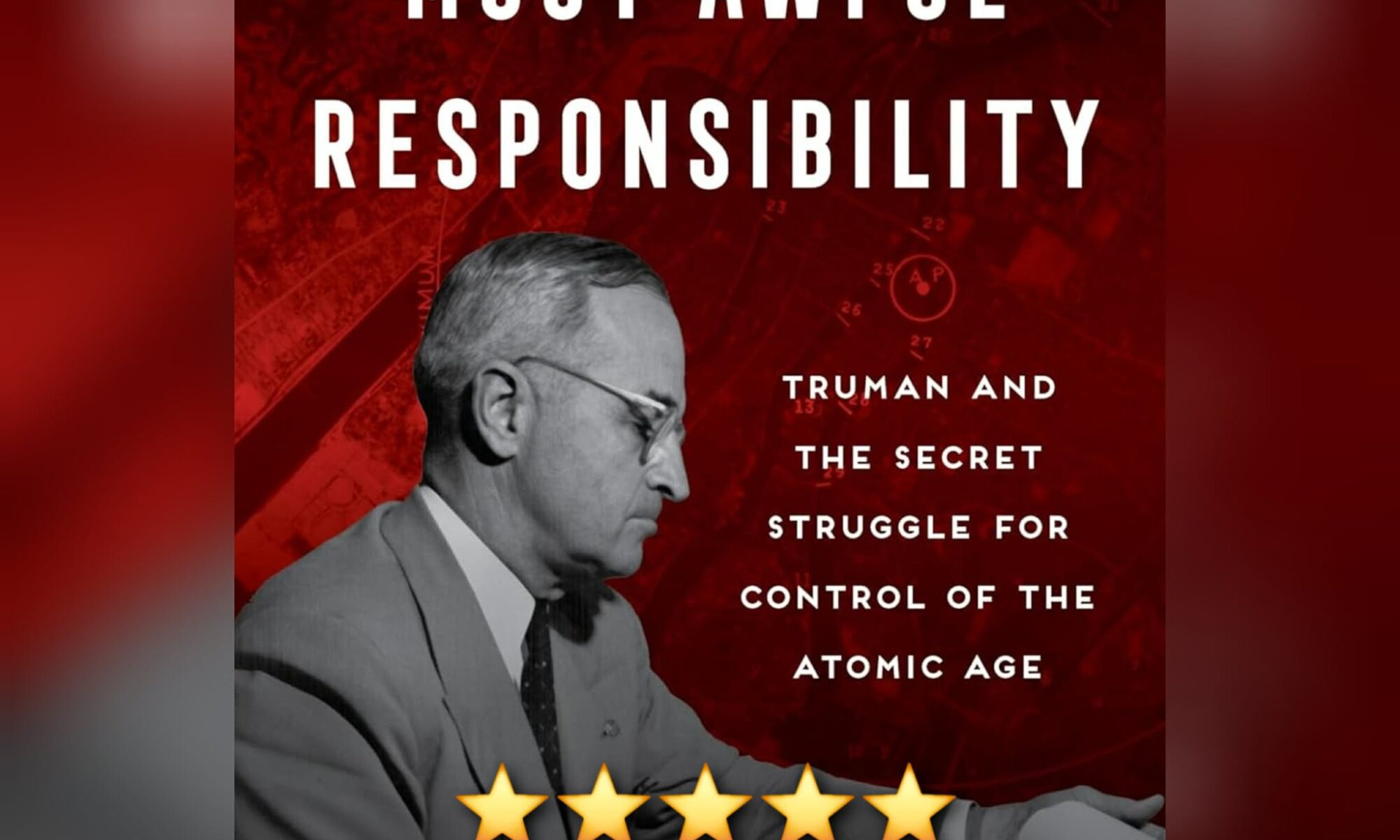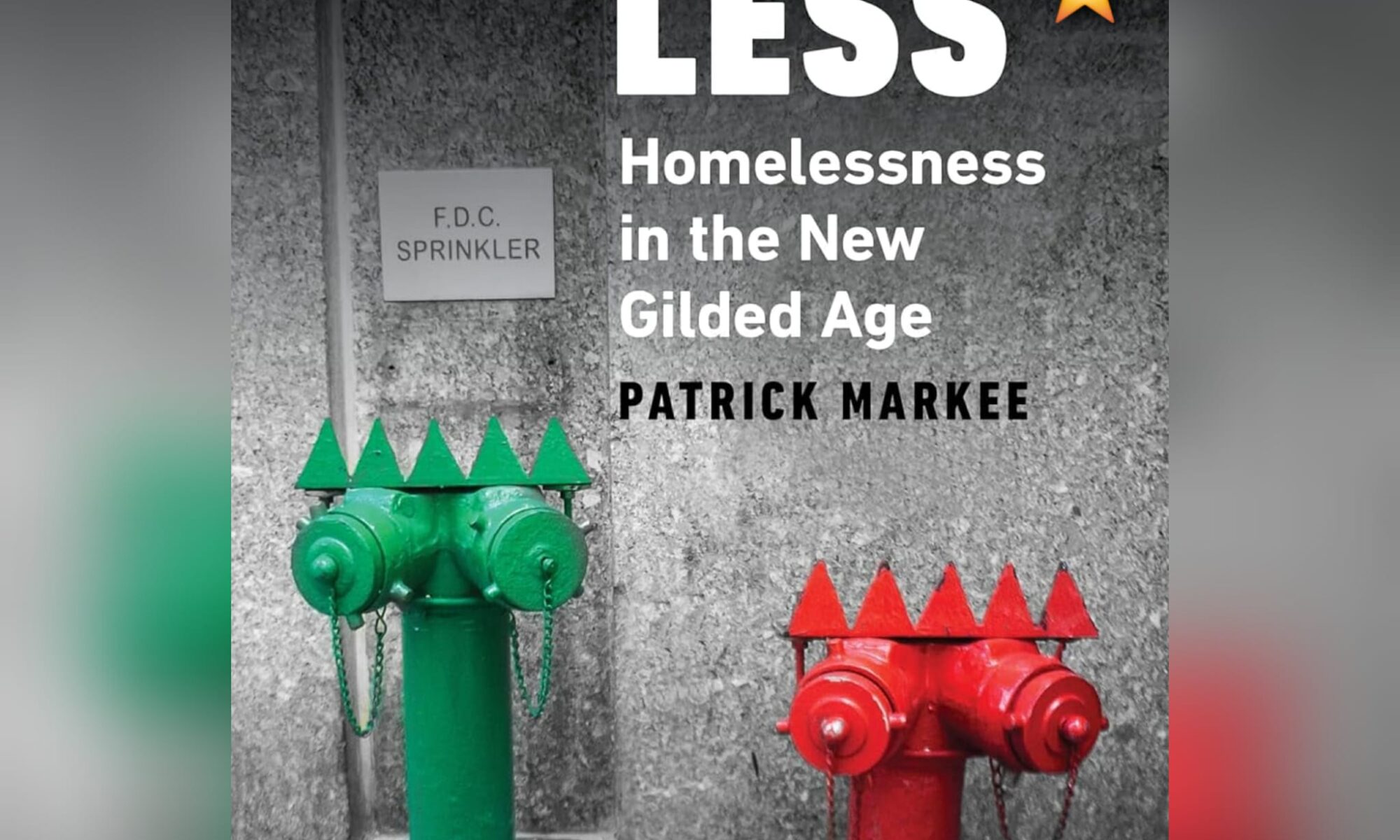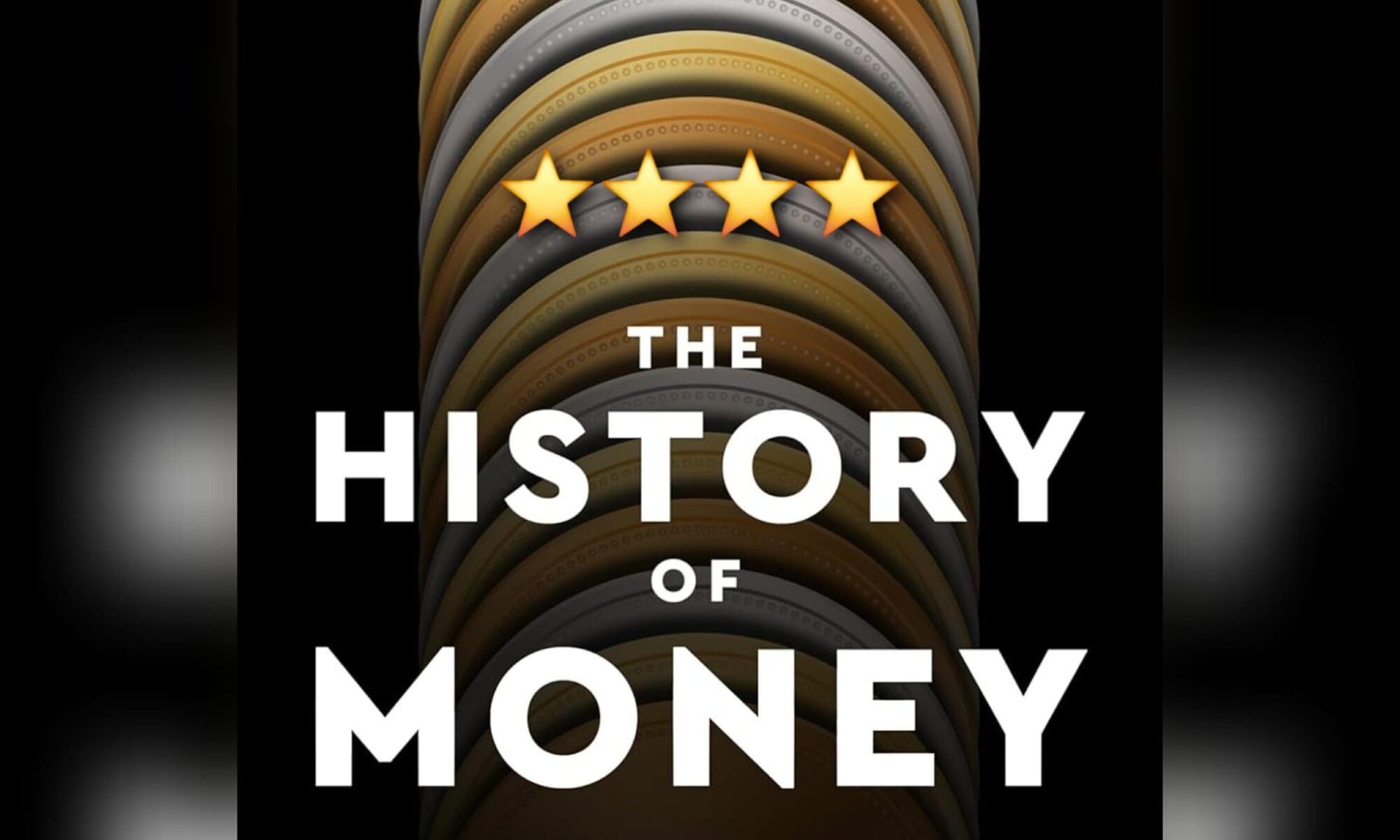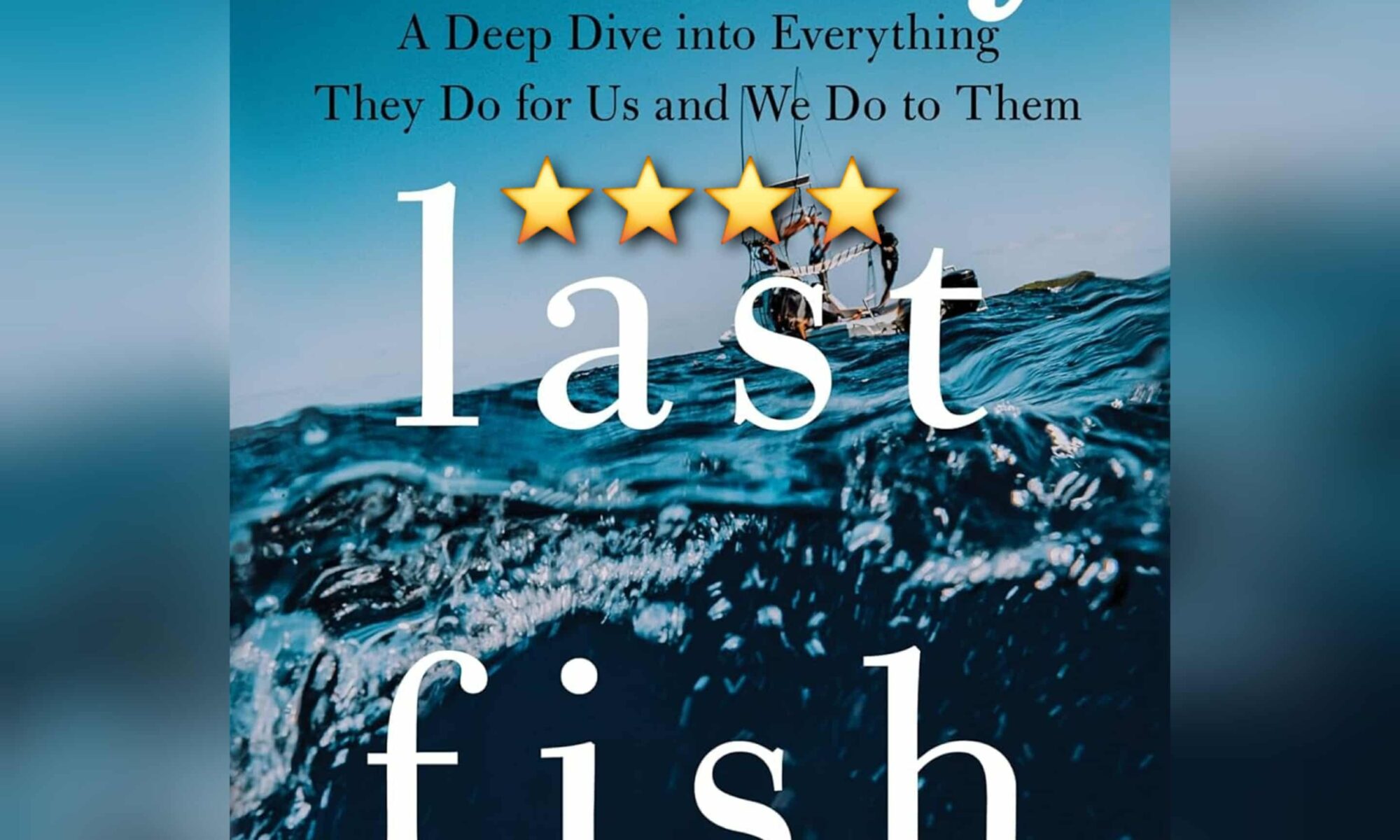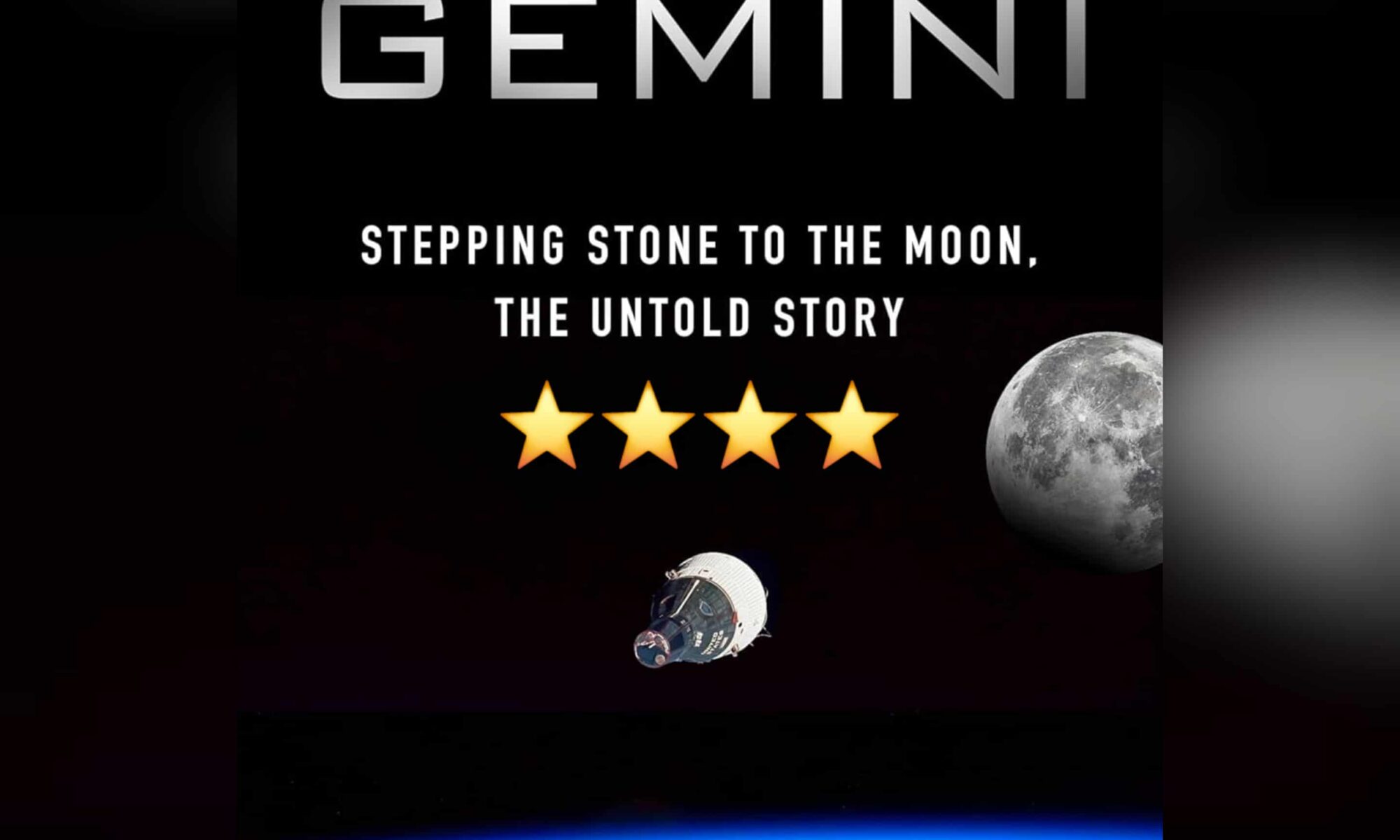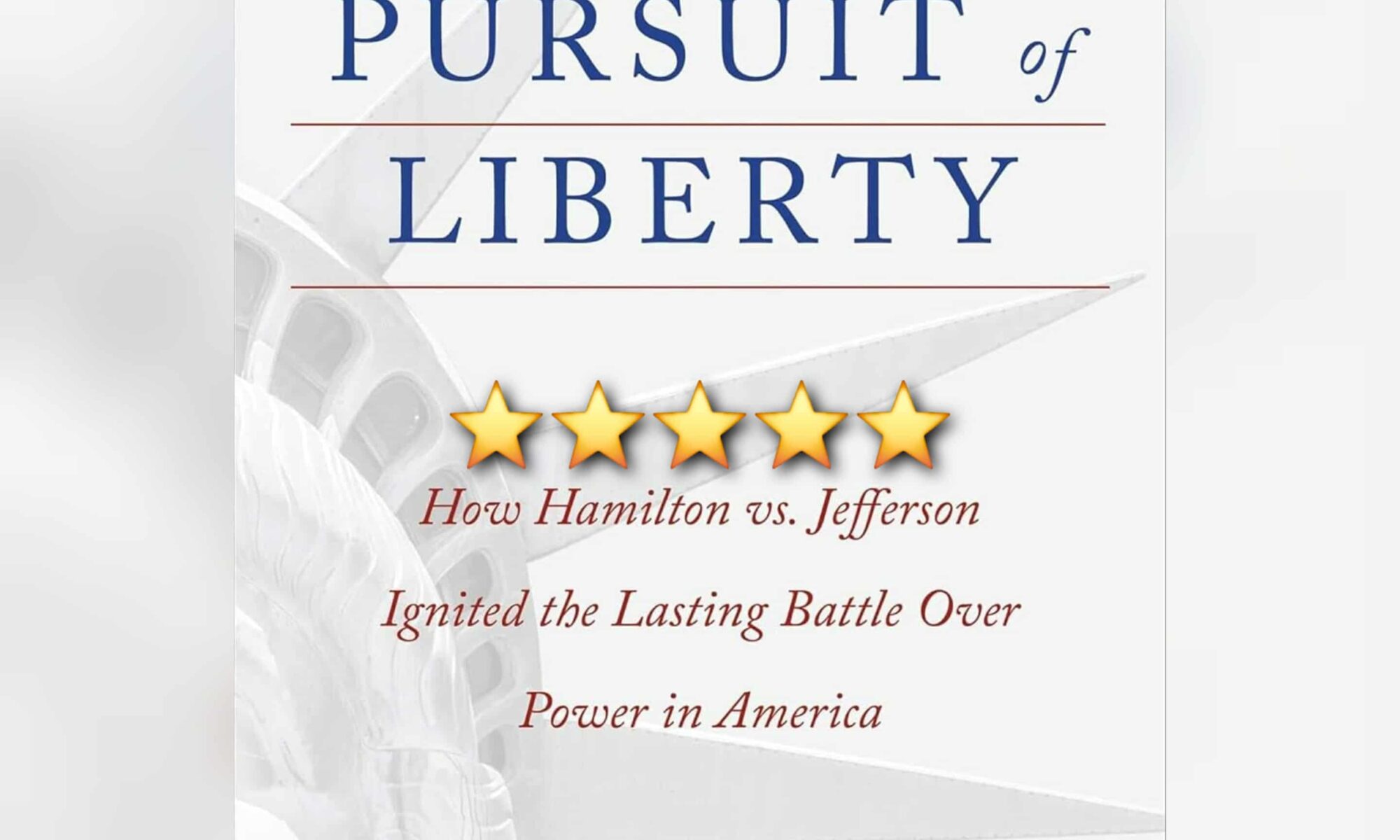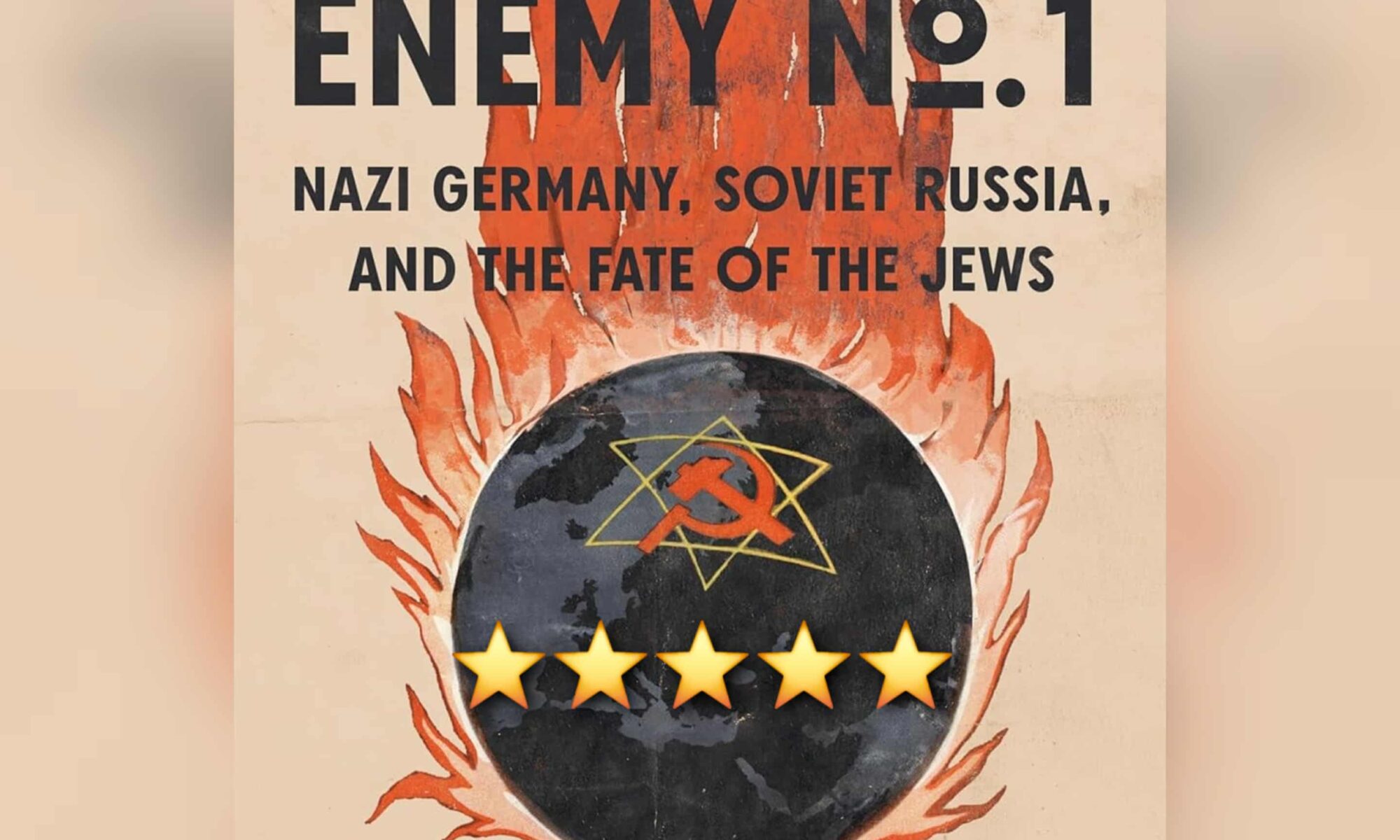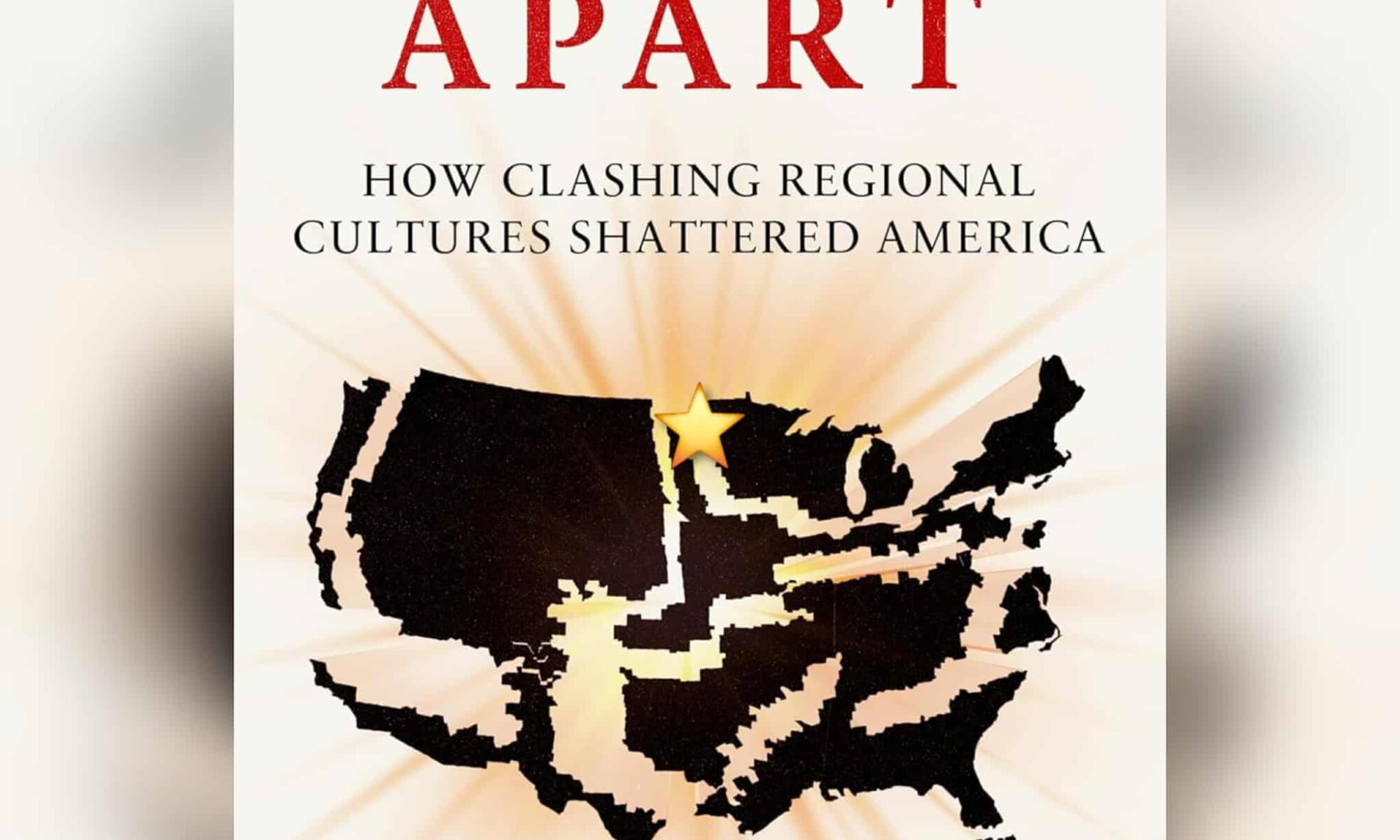The BlueSky Crowd Will Love This Goldmine. “Clashing regional cultures” didn’t shatter America. America is strong and survived this for generations. What has shattered America in these past 20 ish years has been the hyper partisanship and doomerism that Nate Silver now calls “BlueSkyism” – which is why that crowd will love this book. Everyone else, don’t waste your time.
With that TL;DR already dealt with, let’s dive into the details. First, “goldmine”, above. My personal worst possible rating for a book. It means you’re shifting through a ton of shit to find something redeemable… but at least there *is* a fleck or two of something approaching redeemable here.
Second, backing up and briefly mentioning my own background, Woodard himself will probably just excuse this particular review knowing that I am a Son of the South who grew up at the border of what he calls “Greater Appalachia” and “Deep South” according to his own maps, directly along the path of that war criminal terrorist bastard William Tecumseh Sherman’s Atlanta Campaign – and my home County literally still bears its physical scars to this day, in places readily seen even as their history isn’t as readily known anymore.
Now let’s truly discuss the book. To get to a one star rating means I had four major issues with the book, in this case and in no particular order:
-dearth of bibliography
-shoddy “journalism”
-elitism
-doomerism
The bibliography here, calculated as the point when the “Acknowledgements” section begins, is just 14% of this text, which falls short of my expectation from reading many nonfiction books over my over seven years as a book blogger of between 20-30% documentation. Further, given the rather extreme nature of this book generally, the Sagan Rule – extraordinary claims require extraordinary evidence – applies, meaning even more documentation is actually needed… which this book failed to supply. So there goes one star.
Next, shoddy “journalism”. For one, Woodard cites in at least one incidence that Donald Trump claimed the people at the “Unite The Right” rally in Charlottesville, VA were “very fine people”. This has been resoundingly debunked… simply by showing the entire transcript of that very speech in question. Furthermore, Woodward speaks quite often of “voter suppression” and (accurately) proclaims that the right’s fears of “voter fraud” are excessively rare so as to be near 0 actual incidents… except that the actual evidence of “voter suppression” turns out to be just as scant, despite Woodard openly proclaiming it happening quite often. In areas where his side is losing, of course. Note that even here, Woodward is blatantly and openly lying as he claims that Georgia does not allow people to be given water while waiting in line to vote. And these are only the things I have direct and personal knowledge of myself. So there goes another star.
Next, elitism. Simply put, Colin Woodard thinks he knows everything about every political issue… and even a lot of non-political ones. Colin Woodard needs to learn a bit of humility… and this is coming from someone often accused (at least earlier in life) of exactly what he is accusing Woodard of here. Let me be clear here: The general theory of the twelve nations is revolutionary and seems to have quite a bit of merit. It is why I was interested in this book to begin with. But when Woodard leaves this theory to comment on things such as climatology or virology, among many others, he inevitably winds up simply repeating extreme leftist talking points rather than actual history or science. And yet he makes these claims openly proclaiming them to be absolute fact and openly mocks those who disagree… even when he is blatantly wrong and, as a scholar, *should* be aware of just how wrong he actually is here. But again, blinded by his elitism. So there went another star.
Finally, doomerism. I mean, the subtitle of this book really does give that part away, I’ll grant that. But particularly in light of the two attempted assassinations of now President Trump in 2024 (which happened as Woodward was still writing this book), followed by the assassination of former Minnesota Speaker of the House Melissa Hortman in June 2025 and then the assassination of conservative commentator Charlie Kirk in September 2025 (admittedly barely a week before I write this review), the doomerism in politics must end.
To do my part in helping end this scourge, I will do the one thing I can as a book reviewer, the one tool I actually have: I’ll remove one star every time I see this in a nonfiction politically oriented book, beginning here.
There never was a place for such doom and gloom as “my opponents will end all elections!”. It was wrong when the right did it, and I called it out back then. It is equally wrong when the left does it, and I call it out now. Elections for both Congress and President were held during the most trying times in US history – the US Civil War from 1861 – 1865 and World War II from 1941 – 1945. If we as a country can hold elections even in those circumstances, we’re going to keep holding them in every peacetime circumstance, no matter what Woodard and other doomerists claim.
No, the only outcome of such doomerist proclamations is that more people will die both from suicide – as suicide is almost inevitably from a loss of hope for one reason or another – or from murder, as more and more people begin to believe that the only hope remaining is if their political opponents are dead. THIS. IS. WRONG. It is 100% unacceptable, and we as a society must verbally oppose this ideology with as much force as our words can possibly carry.
America can survive as a federation of twelve nations. We have for 250 years in just a few more months – and yes, we will absolutely make it to the 250th anniversary of the signing of the Declaration of Independence next summer. We’ll also make it tot he 250th anniversary of our current Constitution first being ratified on June 21, 2038, when we will have at least one and possibly two Presidents post-Donald Trump.
We just have to have hope. We have to believe in the processes we have created, and that we can make the changes within them to continue to make ourselves a “more perfect union”.
No matter the doomerism of Woodard and others.
Not recommended. (But you already knew that if you got here. 😉 )
This review of Nations Apart by Colin Woodard was originally written on September 19, 2025.

